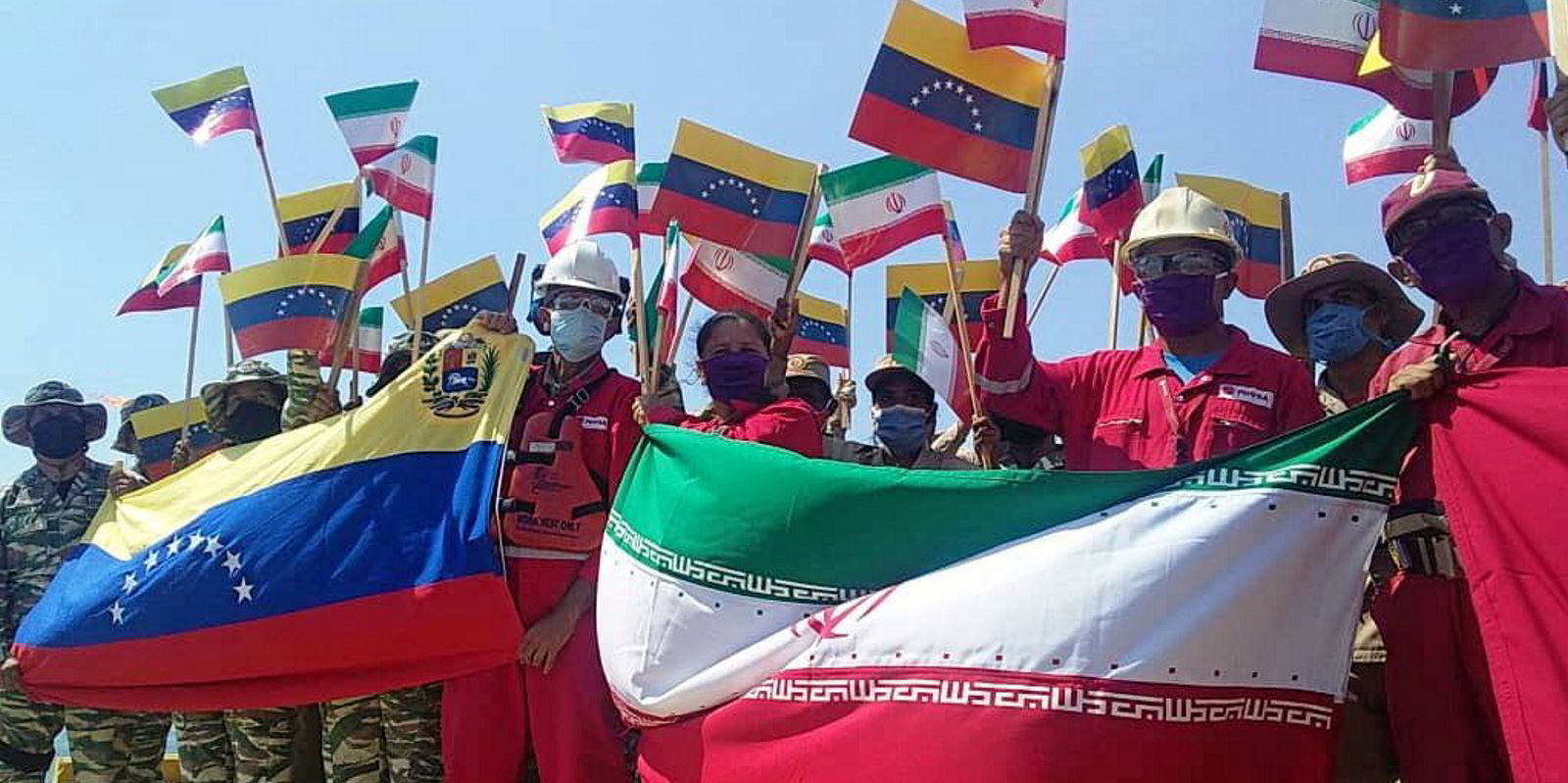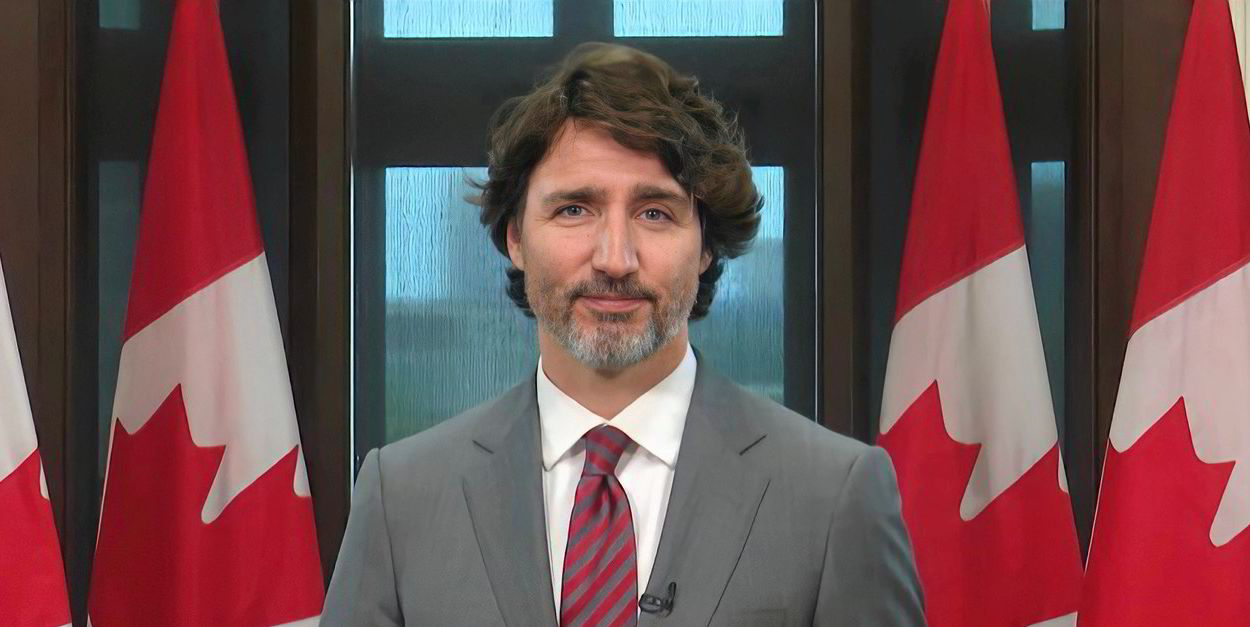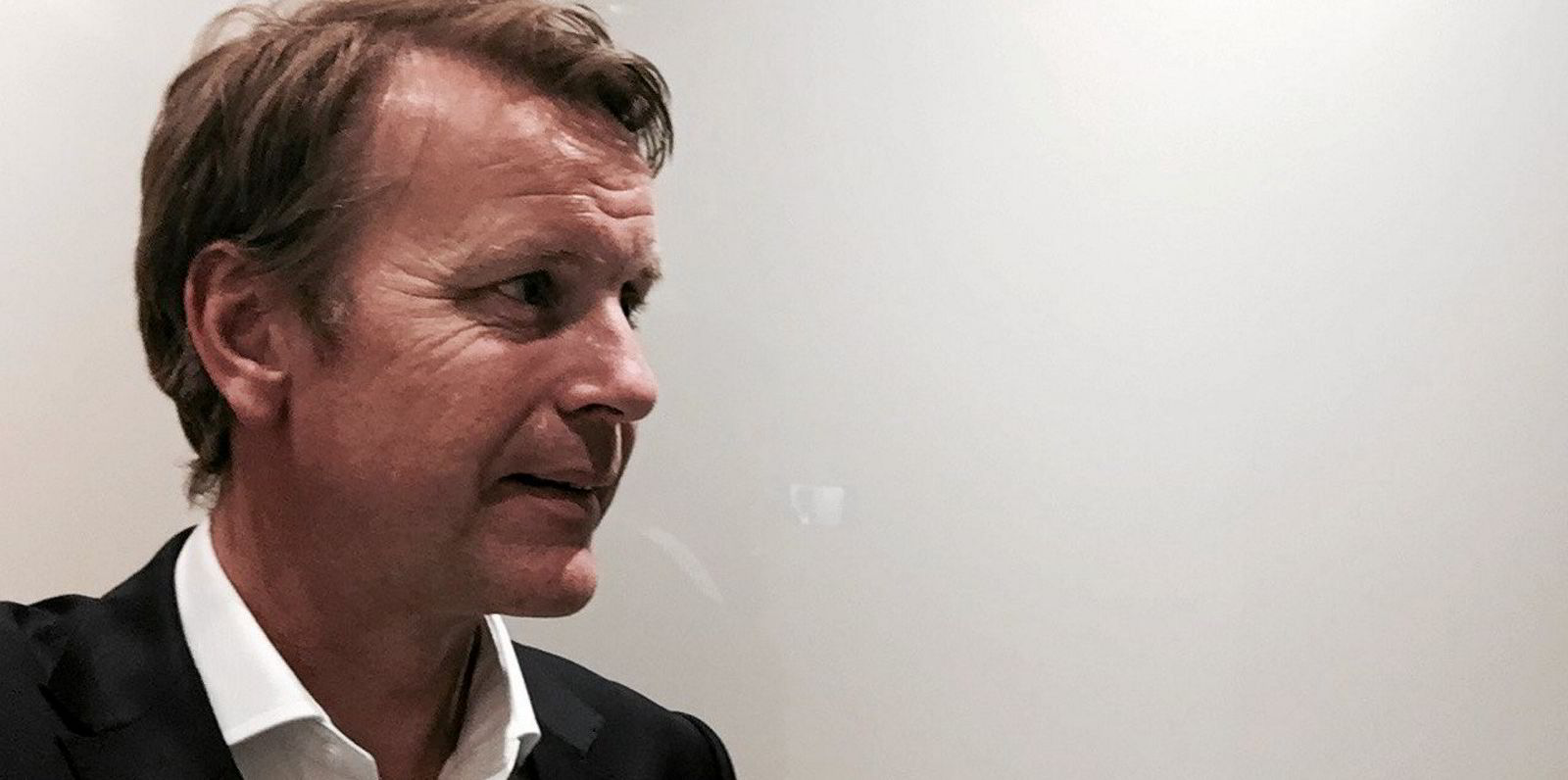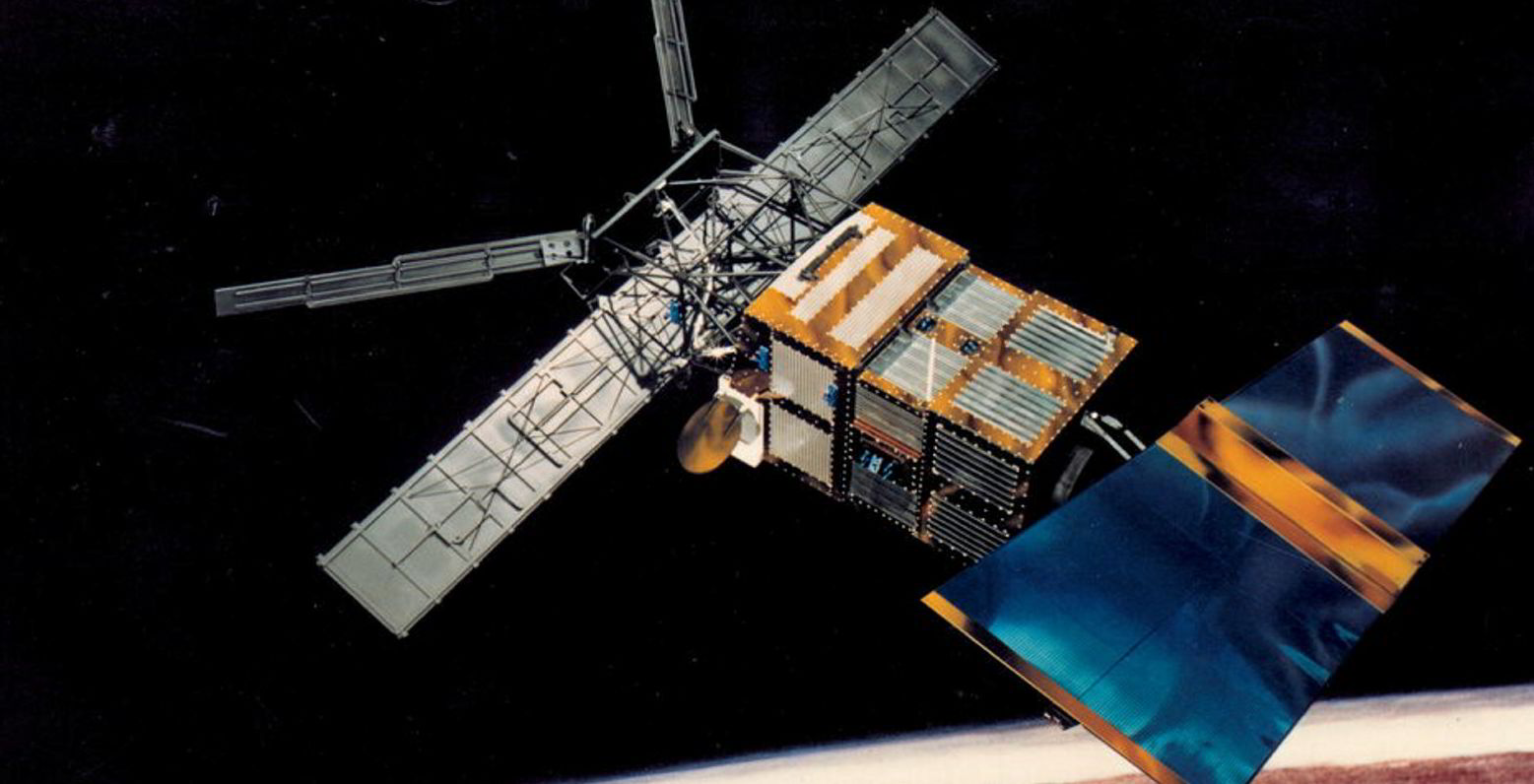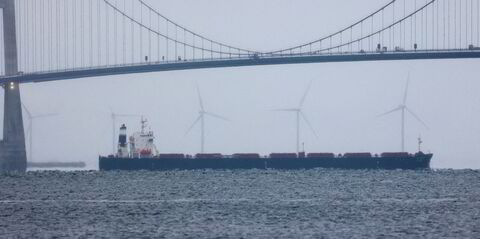Iran's oil minister said the country will work to export more oil, despite US sanctions.
Minister Javad Owji said he promises "that good things will happen regarding Iran's oil sales in the coming months" on state television, Reuters reported on Thursday.
"There is strong will in Iran to increase oil exports despite the unjust and illegal US sanctions," Owji said according to the newswire, calling sanctions a "political tool" that harms the market.
Since 2018, Iran has been under stringent sanctions from Washington, following the US dropping out of the 2015 nuclear deal that saw the Islamic republic limit its nuclear programme in exchange for its entities being dropped from blacklists worldwide.
The US left the agreement under former president Donald Trump. Current President Joe Biden has sought to return, though discussions between Iran and the US in Vienna have failed.
Talks were suspended in June due to Iran's elections, which saw Ebrahim Raisi take over as president. Raisi has been described as a hardliner.
The US sanctions have hit the entirety of Iran's shipping industry, but the country continues to export oil and petroleum products.
It has sent ships to Venezuela and Lebanon on behalf of Hezbollah, shipments which were not approved by the Lebanese government. Cargoes are also often sent to China.
Some shipowners have blamed the sanctioned trades for keeping the tanker market weak.
Both Frontline and Euronav have complained older ships are able to find work carrying sanctioned oil, keeping them working and keeping the supply of tonnage high.
Euronav chief executive Hugo de Stoop said on the company's second quarter earnings call that as many as 50 tankers are involved in these trades, with nearly all of them going to Iran or Venezuela despite scrapping prices at multi-year highs.
Should sanctions be lifted, de Stoop said, those ships would be scrapped, leaving more cargoes for younger ships.
Frontline chief executive Lars Barstad said on his company's quarterly call that ships 20-year-old or older would struggle to find work with reputable charterers and that they often operate without insurance and generally accepted safety regulations.
